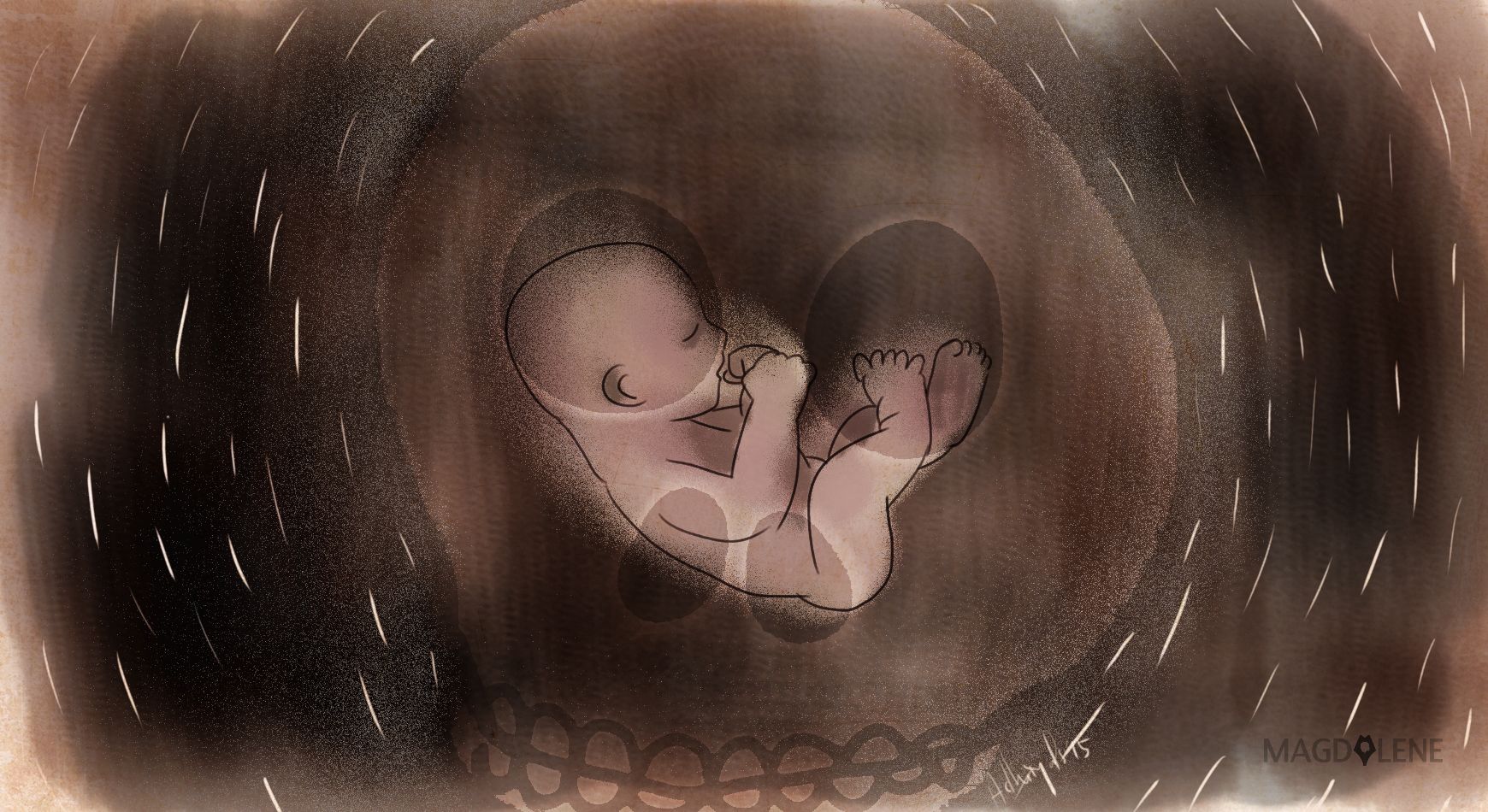The celebration is over but the fight is not. Last month I celebrated International Women’s Day, which is essentially a day of solidarity for women fighting for human rights in different aspects of life. Last month I was reminded of the strength and struggle of my patients and the ever-present challenges in healthcare that are still faced by women today.
As an obstetrician-gynecologist, my work in Indonesia and other countries revealed the realities in the health sector, in which women’s rights are yet to be fulfilled, most strikingly when it comes to reproductive health.
Last year, I worked with Doctors Without Borders (MSF) as a gynecologist in Timergara, Pakistan for 11 months. It was a hospital that provides a 24-hour free healthcare services for the local population, ranging from maternal and child health, delivery services, neonatal, prenatal, postnatal and primary healthcare.
Every month, Timergara sees a rather high number of pregnant women with complicated pregnancies requiring emergency delivery. In average we handled 700 deliveries in one month and 30 percent of those were complicated deliveries, such as antepartum and postpartum bleeding, eclampsia or convulsions due to high blood pressure, and ectopic pregnancy, in which the fetus develops outside the uterus.
Like in Indonesia, quality healthcare is not always accessible for expectant women in Timergara. In the city women can access government-run health facilities. Many private clinics are available too, but are less affordable for most people. In the rural areas, only the most basic health facilities with few doctors and midwives are accessible. However, the lack of facility is not the only barrier.
Sadly, several practices in Timergara continue to put women’s lives at risk, including the oxytocin abuse to speed up delivery. Oxytocin is actually a natural hormone that is released into bloodstream during labor. If given in the correct dose and at the correct time, synthetic oxytocin can help when natural labor is delayed. However giving oxytocin excessively or at the wrong time can cause mothers to super-contract, which not only harms the baby, but can cause the uterus to rupture, often leading to maternal or infant deaths.
I have attended many cases where patients referred from local clinics were given 3-8 ampoules of oxytocin, causing uterus rupture. Around 80 percent of uterus rupture cases lead to infant deaths, because the fetus is pushed out of the uterus into the abdomen area instead.
As a woman, it is hard to imagine myself being powerless in decision making about my own body, which relates to my own life and death. For instance, women are still expected to ask for permission from her father, husband or male relative, before deciding medical procedures in the delivery ward. This is a long-held tradition that will not change in an instant. My role is to always try my best to explain why a medical procedure is important and that our highest concern is that the patient stays alive.
Lack of knowledge in sexual reproductive health is also a major obstacle. Many women do not examine their health condition nor seek information during pregnancy. They only seek help right before the delivery, and sometimes it's too late. In the MSF hospital, we often receive patients referred from private clinics that are unable to handle complicated childbirth.
One patient I remember came during the day to the hospital in critical condition. She was unconscious due to severe bleeding; she lost 2.5 liters of blood. Her vital signs such as pulse, heart rate and blood were too low to detect.
We immediately tried to replace the fluid that she has lost from the body. Then, we discussed with the family to perform a hysterectomy or removal of uterus. With the help of my Pashtun-speaking surgical assistant, I explained to the family that this procedure is the last resort that we must undertake in order to save the patient’s life. We tried to give some fluids and stabilize her but she was not showing much improvement.
Honestly, I was worried it would be difficult to convince the family. I often encounter resistance from family members when I tell them that we need to lift her womb. Luckily, the family agreed immediately.
I led the two-hour operation, assisted by an anesthesiologist and surgery assistants. It took thirteen bloods of bags to keep the patient alive. After the operation the patient remained in the operating room for five hours for observation. I was concerned because her hemoglobin was still low at around 4 percent, while the minimum limit is 11 percent.
Two days later the situation improved and the patient could go home after a few days of treatment in the delivery ward. I hope she could live her life fully, with the support of her family.
On the occasion of the International Women's Day, I am reminded of the strength of my patients and all women in the world who fight for their rights. Salute to all women and men, patients and health workers who fight for the right to health, for it is the very foundation of life.
Marie Caesarini is an obstetrician-gynecologist with Doctors Without Borders (MSF). She graduated from Tulane University with a degree in Master of Public Health. She is passionate about women's health, life philosophies and cats.








Comments